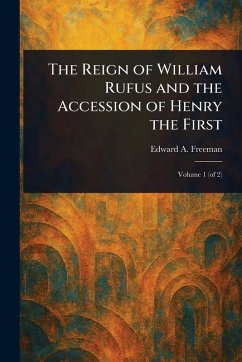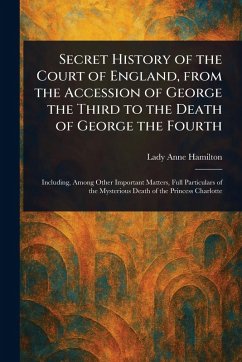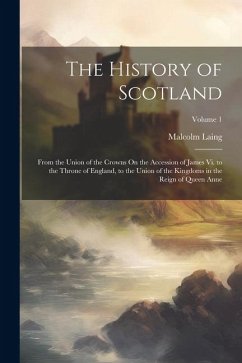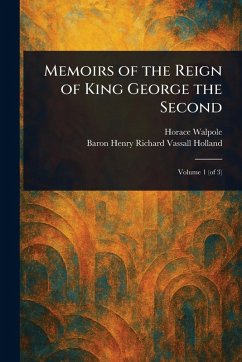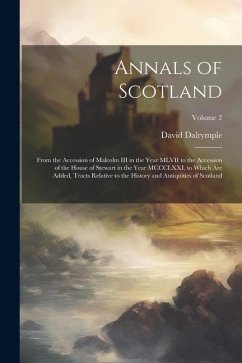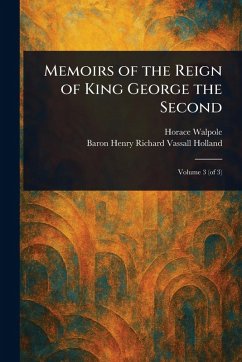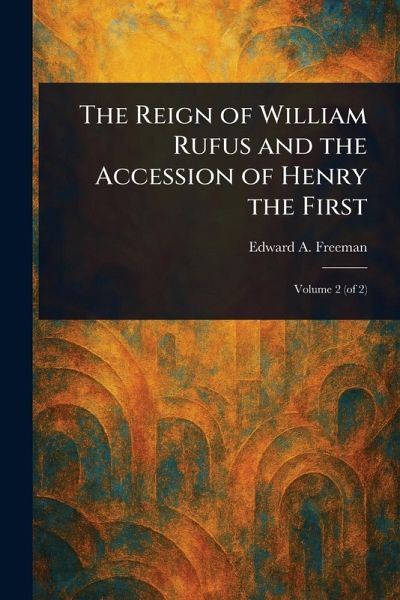
The Reign of William Rufus and the Accession of Henry the First
Versandkostenfrei!
Versandfertig in über 4 Wochen
29,99 €
inkl. MwSt.
Weitere Ausgaben:

PAYBACK Punkte
15 °P sammeln!
Delve into the tumultuous world of 11th-century England with "The Reign of William Rufus and the Accession of Henry the First," the second volume of Edward Augustus Freeman's detailed study of the Norman dynasty. This historical work meticulously examines the reign of William Rufus, also known as William the Red, and the complex circumstances surrounding Henry I's ascension to the throne. Explore the intricacies of English monarchy during a pivotal era marked by power struggles, political maneuvering, and the enduring legacy of the Norman Conquest. Freeman's in-depth analysis provides a compre...
Delve into the tumultuous world of 11th-century England with "The Reign of William Rufus and the Accession of Henry the First," the second volume of Edward Augustus Freeman's detailed study of the Norman dynasty. This historical work meticulously examines the reign of William Rufus, also known as William the Red, and the complex circumstances surrounding Henry I's ascension to the throne. Explore the intricacies of English monarchy during a pivotal era marked by power struggles, political maneuvering, and the enduring legacy of the Norman Conquest. Freeman's in-depth analysis provides a comprehensive look at the key figures and events that shaped the course of English history. A valuable resource for anyone interested in medieval history, British history, or the Norman period, this volume offers a rich and nuanced perspective on a fascinating era. Discover the challenges and triumphs of the Norman kings as they navigated the complexities of ruling England. This work has been selected by scholars as being culturally important, and is part of the knowledge base of civilization as we know it. This work is in the public domain in the United States of America, and possibly other nations. Within the United States, you may freely copy and distribute this work, as no entity (individual or corporate) has a copyright on the body of the work. Scholars believe, and we concur, that this work is important enough to be preserved, reproduced, and made generally available to the public. We appreciate your support of the preservation process, and thank you for being an important part of keeping this knowledge alive and relevant.





